Homeless Assistance
The purpose of the McKinney-Vento Act is to ensure that all children and youth have equal access to the same free and appropriate public education and ensure immediate enrollment and educational stability for students who are homeless or unhoused.
Students meet the McKinney-Vento definition of homeless when they lack a fixed, regular, adequate nighttime residence. Students who share the housing of another person (doubled up) due to loss of housing, economic hardship or similar reasons meet the definition of homeless. This includes students living in motels, hotels, RV parks, or campgrounds due to lack of alternative adequate accommodations and those living in emergency or transitional shelters or abandoned in hospitals.
According to the U.S. Department of Education, people living in the following situations are considered homeless:
- Doubled up with family or friends due to economic conditions
- Living in motels and hotels for lack of other suitable housing
- Runaway and “Throwaway” children and youth
- Homes for unwed or expectant mothers for lack of a place to live
- Homeless and domestic violence shelters
- Transitional housing programs
- The streets
- Abandoned buildings
- Public areas not meant for housing
- Cars, trailers, and campgrounds
- Awaiting foster care
- Migratory children staying in housing not fit for habitation
Homeless Student’s Rights
The McKinney Vento Act provides certain rights for homeless students. They include
waiving certain requirements such as proof of residency when students are enrolling
and allowing categorical eligibility for certain services, such as free textbooks. The Act
also states
- Homeless students may attend their school of origin or the school where they are
temporarily residing - Homeless students must be provided a written statement of their rights when
they enroll and at least two times per year - Homeless students may enroll without school, medical, or similar records
- Homeless students have a right to transportation to school
- Students must be provided a statement explaining why they are denied any
service or enrollment - Students must receive services, such as transportation, while disputes are being
settled - Students are automatically eligible for Title I services
- School districts must reserve a portion of Title IA funds to serve homeless
students - School districts must review and revise policies that provide barriers to homeless
students - Schools must post information in the community regarding the rights of homeless
students, in schools and other places that homeless families may frequent - School districts must identify a McKinney Vento Liaison to assist students
McKinney-Vento Act Contacts and Links
(If the forms are not visible below, click here.)
State Federal Resources
- IDOE’s McKinney-Vento: Homeless Children & Youth Program
- Tip Sheet – SNAP Benefits
- Tip Sheet – SSI (social security) Benefits
- Tip Sheet – Trauma Informed Care
- National Law Center on Homelessness & Poverty
- National Association for the Education of Homeless Children & Youth (NAEHCY)
- National Center for Homeless Education (NCHE)
- U.S. Department of Education
- Human Trafficking FAQs
Newsletters
The McKinney-Vento Liason for Goshen Community Schools is:
Assistant Superintendent
613 East Purl St.
Goshen, IN 46526
574-533-8631
ametcalfe@goshenschools.org
The McKinney-Vento Homeless Education State Coordinator at the Indiana Department of Education is:
Director of Student Pathways & Opportunities
South Tower, Suite 600
115 West Washington Street
Indianapolis, IN 46204
317-232-9189
Fljones@idoe.in.gov
Homeless Education Specialist
South Tower, Suite 600
115 West Washington Street
Indianapolis, IN 46204
317-232-0957
McKinneyVentoPOC@doe.in.gov

